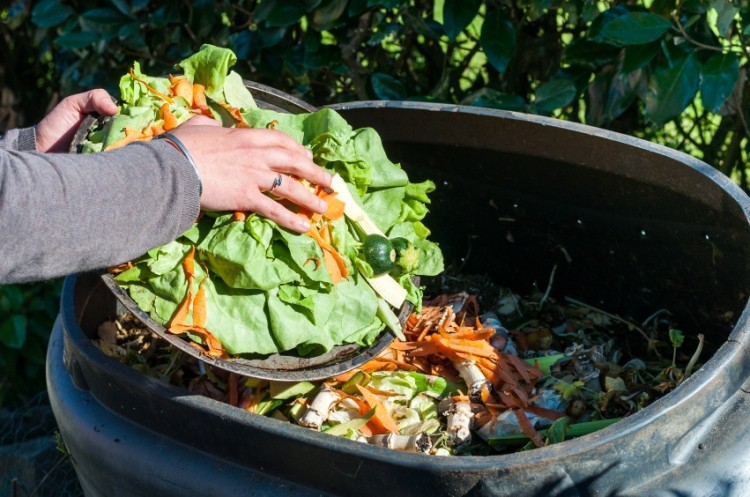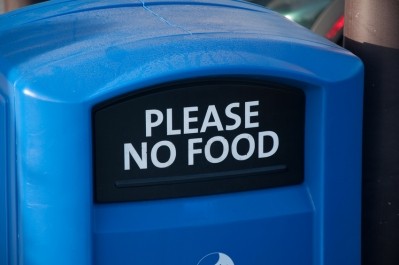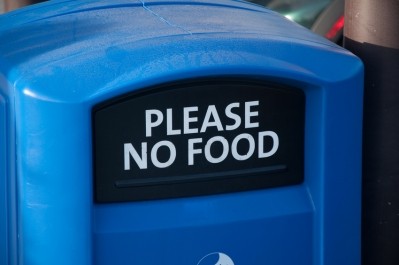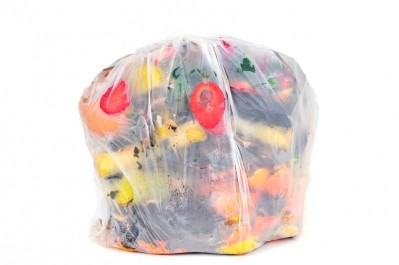‘We are working towards behaviour change’: How LeanPath is using data to fight food waste

Currently around 1.6bn tonnes of food is wasted each year, with an economic cost of more than €1trn worldwide. This equates to around one-third of the food produced each year ending up in landfill.
According to data from the United Nations’ FAO, per capita waste by consumers is between 95-115 kg a year in Europe and North America. The food currently wasted in Europe could feed an estimated 200m people.
Already, around one in nine people in the world go hungry. And with forecasts for the global population to reach 9.8bn people by 2015 – an additional 2bn mouths to feed – there is widespread recognition that the food system must be made more efficient. Indeed, reducing food waste is one of the UN’s key Sustainable Development Goals – but achieving it will require a shift in mind set from businesses and consumers, LeanPath’s marketing director Sam Smith told FoodNavigator.
“Our company vision is to ensure a sustainable future by eliminating global food waste. Our company mission is to make food waste prevention and measurement daily practice in the world’s kitchens.That means making food waste prevention easy and as much a part of kitchen culture as, say, food safety.”
In its bid to cut fodo waste – initially focusing on the food service sector - LeanPath is rapidly expanding its global reach. The company is already present in 32 countries worldwide and the group has seen significant growth in Asia, Smith revealed. “We have set a goal of deploying LeanPath tools in 500,000 kitchens by 2030.”
Technology to change behaviour
LeanPath has developed a set of technological solutions that, the company believes, can change how commercial kitchens operate.
“Our technology is focused on changing the behaviours that lead to food being wasted,” Smith explained.
LeanPath’s approach comprises of hardware and software components. Hardware consists of an in-kitchen scale and touchscreen. “When food waste is generated—say, through overproduction—it is weighed on the scale and tracked through the touchscreen (what is it, where did it come from, why was it generated, where’s it going),” Smith continued.
Then its over to LeanPath’s innovative software solutions. “Our software does a few things. It analyses all that food waste tracking: where before kitchen staff simply discarded food waste, they now have deep understanding of what is being wasted and why. The software also does things like automatic goal setting based on a site’s top waste items, and real-time alert generation to let chefs know when, for instance, a high-cost item is being wasted. With that data and with those prompts to take action—not to mention our coaching—kitchens develop targeted strategies to prevent that waste from happening.
“As an example, say two pounds of scrambled eggs were overproduced this morning at the breakfast buffet. After a couple of weeks of tracking, you realise you’re consistently overproducing eggs at the buffet. A goal is automatically set to reduce that waste by, say, 50%. And the chef sets an alert to be notified if egg waste is tracked in amounts greater than one pound, so he or she can immediately intervene.
"With that in place, we coach chefs on changing behaviour. Production sheets are adjusted so less scrambled egg is prepared. Scrambled eggs are no longer displayed with cheese on top, so whatever egg that comes back as overproduction can easily be reutilised. New menu items are created to use safely held overproduced eggs so they aren’t thrown out: maybe they go into a lunch stir fry or pre-prepped breakfast burritos. Scrambled egg waste is prevented.”
According to the company, which works with companies like Ikea, firms that leverage LeanPath production achieve an average reduction in food waste of 50%.
Expanding its approach
While LeanPath is currently concentrating on tackling food waste in commercial kitchens, the group also believes there is potential to expand its data-driven approach and deepen its impact potential.
“We’re currently focused on foodservice, but within that we’re broadening our reach,” Smith revealed.
“We have recently launched a “post-consumer” food waste tracking and signage product called Spark. Up till now, our main focus has been “pre-consumer” food waste (food waste generated by the kitchen), but with Spark we’re expanding into plate waste (food that’s taken by customers and then thrown out). Dedicated food waste trackers log the amount of plate waste generated and then display that information in real-time on digital signage, either directed at the customers or kitchen staff. Critically, the signage includes prompts on ways to reduce post-consumer waste - again, working toward behaviour change.”


















